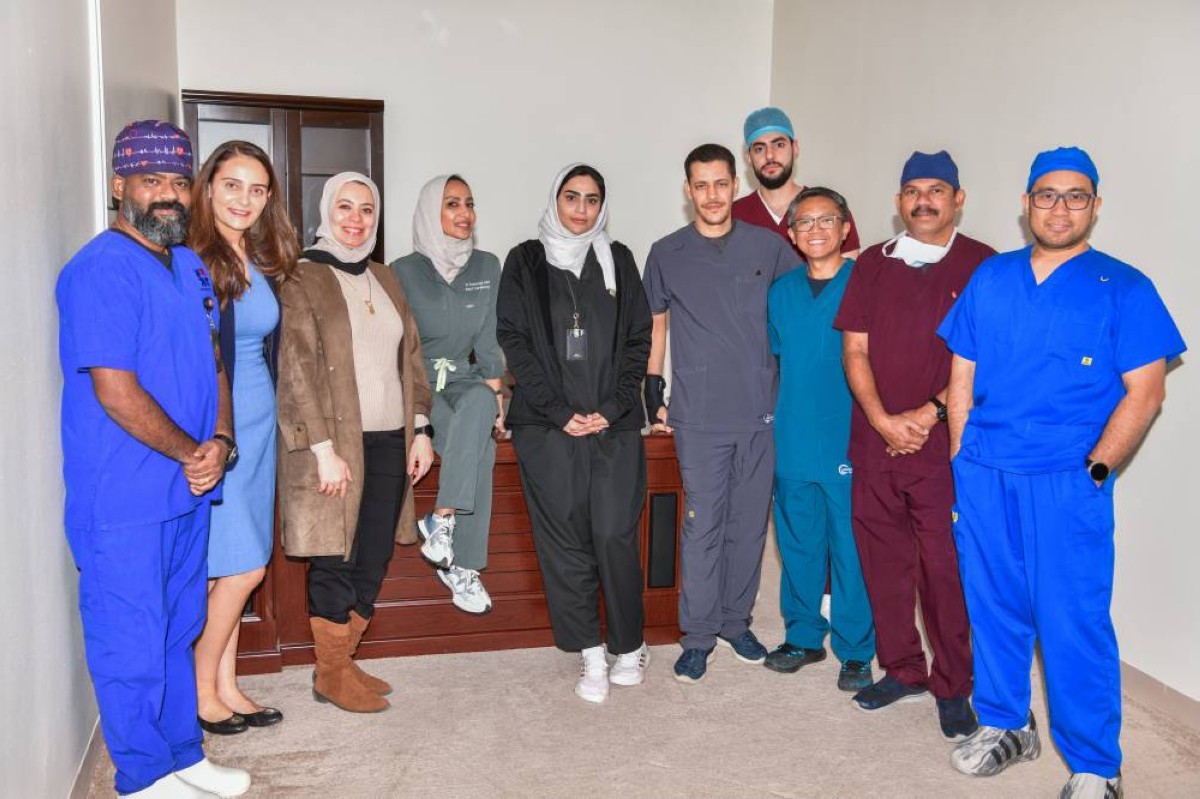KUWAIT: A notable collaboration unfolded between the Kuwait Heart Failure Team at the Chest Diseases Hospital and Dr Jehad Al-Buraiki, the lead cardiologist, in the successful implementation of cardio-MEMS technology in Riyadh. This partnership reflects a commitment to advancing cardiac care through innovative solutions. The integration of cardio-MEMS technology, designed to remotely monitor heart failure patients and enhance treatment strategies, showcases the collective efforts to embrace cutting-edge medical advancements.
Speaking to Kuwait Times, Dr Fatma Hadi, advance heart failure and transplant cardiologist, said: "The technology of cardio-MEMS is currently being implemented at the Chest Diseases Hospital and utilized by a structured advance heart failure and transplant team for the first time in Kuwait, supported by lead interventional cardiologists in Kuwait — Head of Department Dr Abdullah Al-Enezi and Head of Cath Lab Dr Khalid Al-Merri in collaboration with Dr Jehad Al-Buraiki, who is the leading heart failure and interventional cardiologist in implementing and utilizing this technology at Riyadh’s King Faisal Specialist Hospital and Research Center.”
Dr Hadi indicated that this technology is expected to be incorporated in a large clinical trial with an anticipated duration of one to two years for the first time in Kuwait. "A small sensor is placed in the patient’s lung artery through a catheter with local analgesia while the patient is fully awake in the catheterization room. This sensor is responsible for detecting the changes that happen in body fluids before the patient starts to develop symptoms of heart failure,” she explained.
"The patient is asked to use simple tools provided by this technology to send daily reports in a user-friendly way to their physicians. This will allow their treating team to tackle the changes in the patient’s fluid status without the need to admit the patient to the hospital. This should greatly improve the patient’s quality of life and reduce the need for urgent ER visits and hospitalization,” Dr Hadi added.
Decompensated heart failure is one of the leading causes of hospital admissions and readmissions worldwide. Retaining fluids in the body, especially the lungs, is the hallmark of heart failure and worsening episodes. Severe shortness of breath with inability to lay flat along with body swelling is caused by fluid retention. This usually requires hospitalization for monitoring the patient and administering IV medications to improve the patient’s fluid status and improve the patient’s breathing.
The burden of heart failure admissions extends beyond the cost of the admission to greatly impair the patient’s quality of life. Suffering from hospital-acquired infections is an extra cost paid by the patients every time they get hospitalized adding to their morbidity. The technology of cardio-MEMS was extensively studied in large clinical trials which resulted in a significant reduction of 44 percent in heart failure hospitalizations and urgent ER visits.



